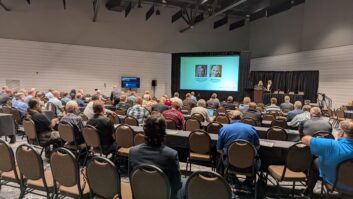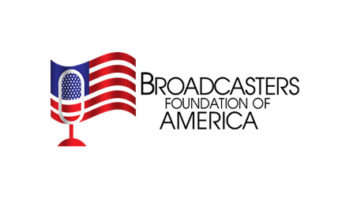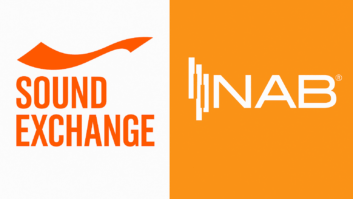I hate to say I told you so, but …
From the sound of things, radio’s big cheeses may be bracing their troops for some compromise and conciliation on the performance royalty.
Recall that Radio World opined last year that the two sides (broadcasters and the record labels, through MusicFirst) would do better to talk with each other than scream at each other, something Congress also began leaning on them to do.
Further, I also have written in the past that, though I understand why radio owners resist paying a new fee for their content, I think ultimately they will lose the battle to convince legislators.
Performers, I said and continue to feel, would eventually win because they have an argument that is simpler to understand and more sympathetic, namely: “Don’t use the fruits of my labor without my permission.”
Whether one accepts the moral argument or not is almost beside the point. My feeling has been that radio would help itself more by recognizing the likely outcome and working with artists to shape a future relationship, rather than demonize performers, and vice-versa. But broadcasters for some time continued to treat even the suggestion of compromise as anathema. To discuss such a thing would be to proceed from a position of weakness, in their eyes. The willingness of artists to come to the table probably only strengthened owners’ conviction that to do so would be akin to surrender.
Yet now Tom Taylor, at the e-newsletter radio-info.com, reports that Bruce Reese, head of Bonneville, thinks members of Congress “really want to pass” the performance royalty legislation. He quoted Reese saying he would “love to cut a deal and figure out a deal that works monetarily for our business.”
Reese is a former chair of the NAB board, presumably as well immersed in this issue as any broadcaster can be. This reflects an ongoing change of tone for the broadcast side (which already had become notably more subdued in its positioning since Gordon Smith replaced David Rehr). To hear Reese even use the word “deal” in public is noteworthy. NAB’s own SmartBrief newsletter then led off with links to news items about a possible compromise.
Not that Bruce Reese has had a change of heart on the main question of a royalty, or is about to just roll over and give up trying to get the best deal he can for radio owners. (Nor do all other radio leaders agree with him.) The Bonneville exec simply is acknowledging reality: Artists have made a strong case on Capitol Hill; radio has had to fight very hard just to keep them at bay; and broadcasters’ strategy could end up costing owners more than it is worth, both in lobbying and in reputation among artists whose work radio relies on.
As I wrote last year: “We think it would better serve radio station owners and employees to work out a solution that recognizes this reality rather than heighten the confrontation that exists between these ‘partners.’ Because at the end of the day, we still need this marriage.”
Reese’s comments seem to open the door a crack further for some kind of reasonable reconciliation. Let’s see if artists respond to the opportunity.
Related:
“Time for a Performance Royalty Cease Fire?” (RW Blog, June 2009)
“Performance Tax: Worth the Fight” (NAB commentary, July 2009)
“This Is a Simple Issue of Fairness” (MusicFirst commentary, Sept. 2009)







